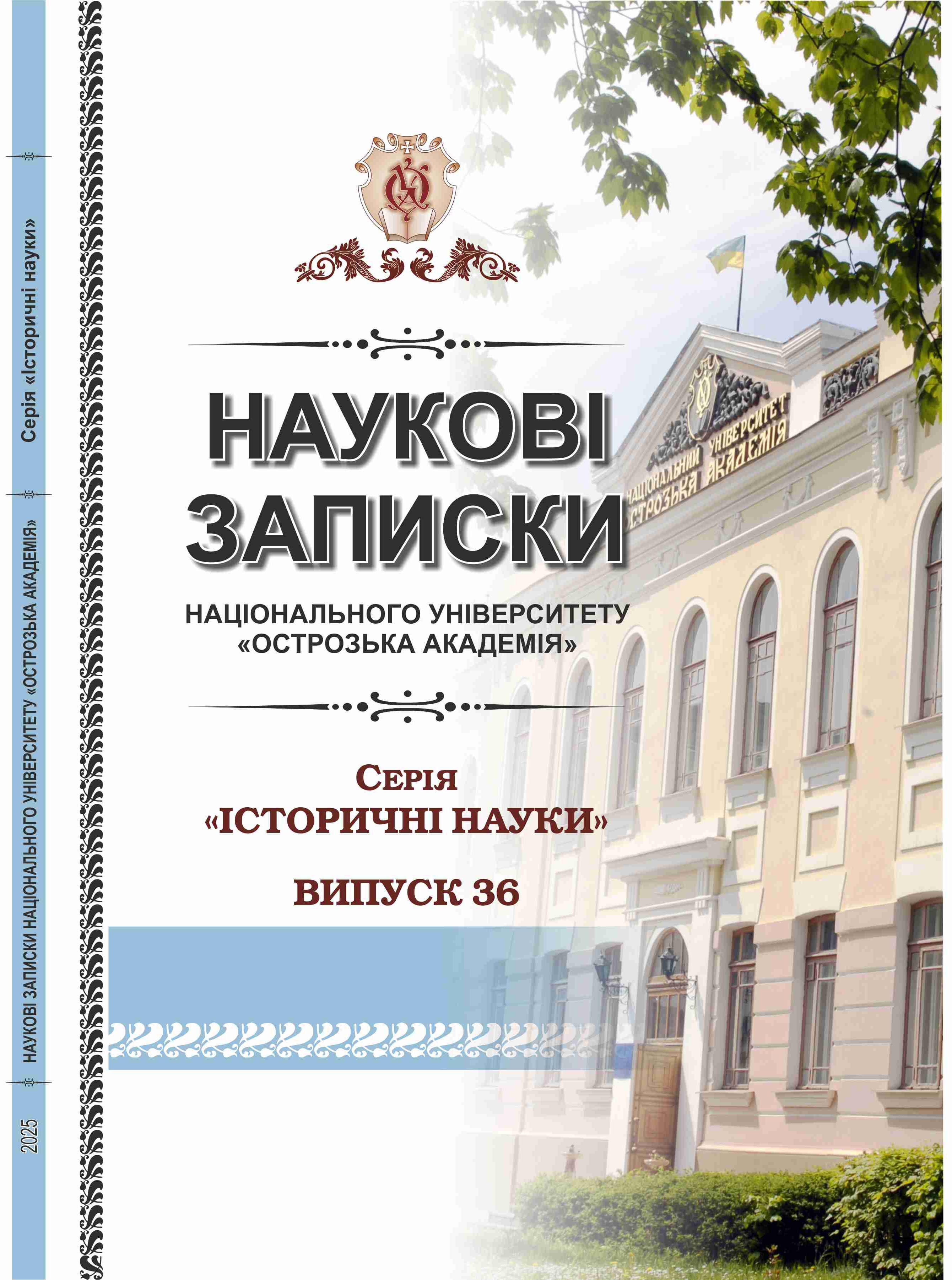DICTATORIAL REGIME OF R. TRUJILLO IN THE DOMINICAN REPUBLIC
Keywords:
R. Trujillo, dictatorial regime, personality cult, political repression, «Petrushka» massacre, Dominican Republic, economic modernization, the USAAbstract
The article is devoted to an in-depth analysis of the dictatorial regime of Rafael Trujillo in the Dominican Republic, which lasted from 1930 to 1961 and became one of the brightest and most controversial pages in the history of Latin America. The work examines key aspects of Trujillo's rule, including the use of a repressive apparatus to suppress opposition and ensure political stability, the creation of a personality cult around the dictator, and the strategic political control that allowed him to maintain power for nearly three decades. The authors of the article analyze the impact of the Trujillo regime on the economy, social structures, and infrastructure of the country, as well as on relations with other states, in particular the United States, which supported the regime but at the same time had a significant influence on its fall.
Special attention is paid to the consequences of the dictatorship on Dominican society, especially in the context of restrictions on civil rights, violations of political freedoms, and repressions that affected different social classes. The article also examines the consequences of Trujillo's overthrow for the country's political stability, in particular, the importance of the first free elections and attempts at a transition to democracy. In addition, it analyzes how the legacy of the dictatorship influenced the further development of democracy in the Dominican Republic, as well as the formation of political memory of this period in modern society.
The conclusions emphasize that the study of this period is important for understanding the mechanisms of authoritarian regimes and their impact on societies. It also provides an opportunity to draw lessons for modern political regimes that may embark on the path of authoritarianism.

